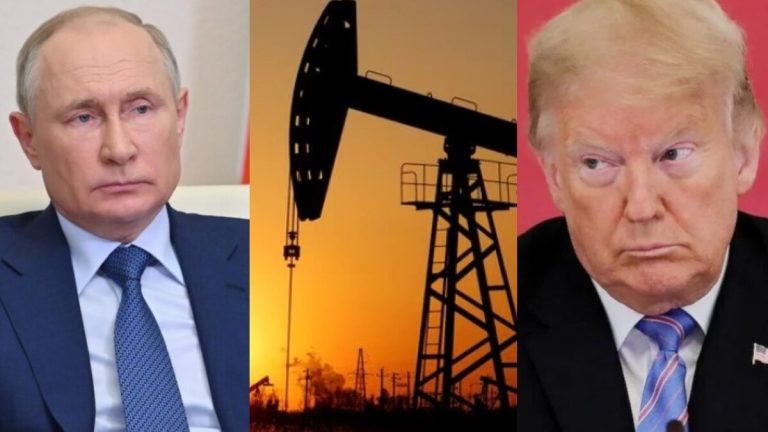India continues to monitor the impact of the ongoing conflict between Israel and Iran with concerns over the crucial Strait of Hormuz that could turn into a key chokepoint for global trade, particularly for crude oil.
According to sources, the Department of Commerce has also sought inputs from various ministries as well as stakeholders on whether they are facing any impact from the ongoing war. Commerce Secretary Sunil Barthwal had on Monday said the department will be meeting shipping lines and container associations to assess the impact of the conflict.
However, India’s trade with both Israel and Iran remains limited. For India, the trade of commodities such as cereals, edible fruits and nuts, gems and jewellery, ceramic products, could get impacted from a continuing conflict between Israel and Iran.
For now, India remains relatively unaffected as trade continues along the Strait of Hormuz. “As of now, there is no issue at the Strait of Hormuz. If that gets affected then even trade along the Red Sea and Suez Canal will be impacted,” said Ajay Sahai, Director General and CEO, Federation of Indian Export Organisations (FIEO).
He also elaborated that there is little impact on air freight as of now and sea freight has not been impacted. But with the war intensifying, the war risk premium is set to go up from around $50 to $200 per container to $200 to $400 per container. The premium for general insurance could also rise and if oil prices cross $100 per barrel then there could be an additional surcharge on exports.
Any blockade of the Strait of Hormuz would lead to a sharp rise in global crude oil prices. Low crude oil prices in recent months have been a relief to India with inflationary pressures under control, a prolonged increase could fan inflation in not only just crude oil but also other commodities. For now, officials underline that there is sufficient space to absorb any sharp rise in global crude oil prices.
India is the third largest importer of crude oil globally and imports 80% of its oil requirements. It does not import crude oil directly from Iran due to the US sanctions.
“India remains susceptible to a surge in oil prices, though the capacity to fiscally bear the higher prices is substantially higher today. Even then, higher oil prices for longer will eventually seep into inflation and inflationary expectations, also having a bearing on the monetary policy,” said a report by Emkay Global Financial Services.







